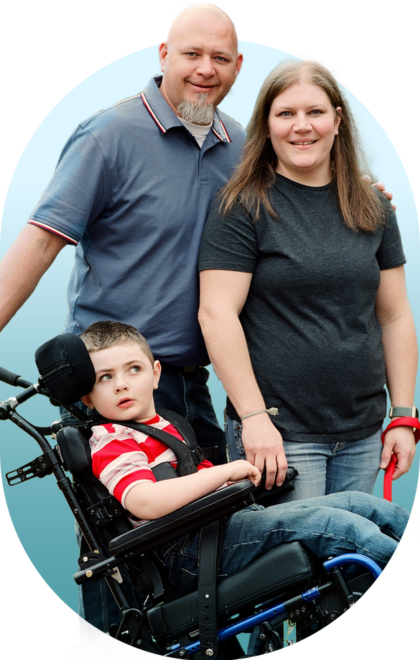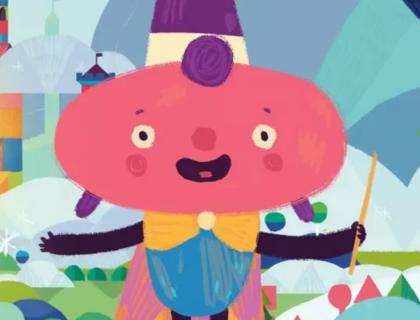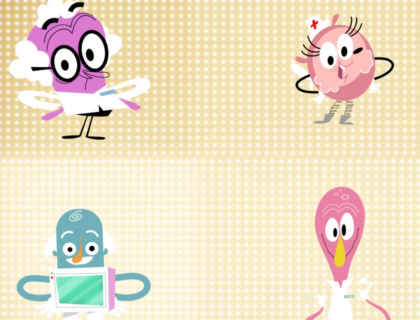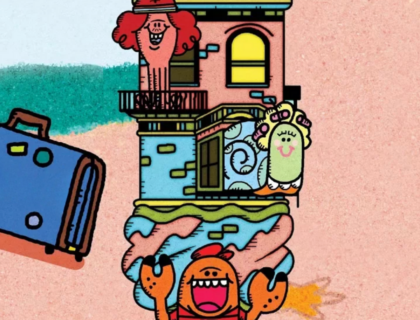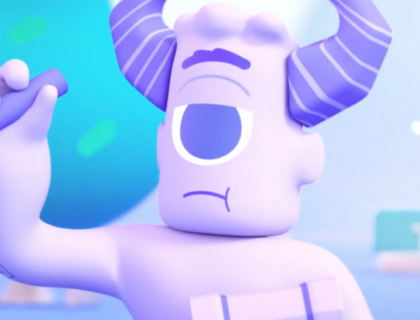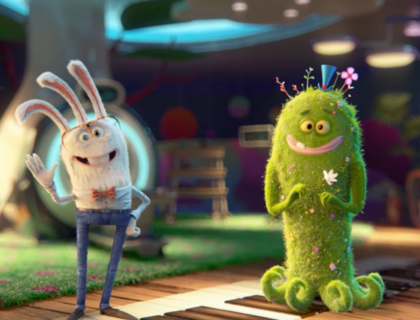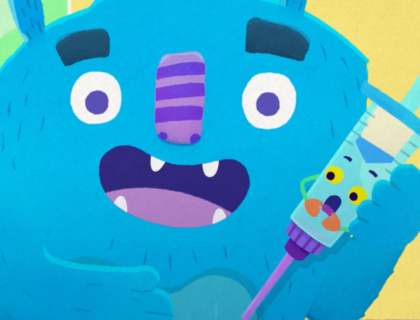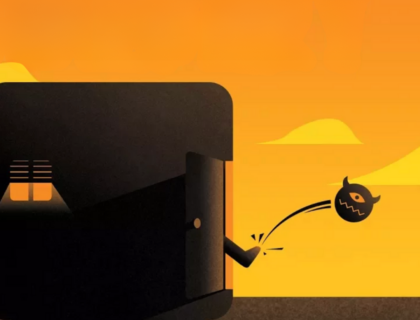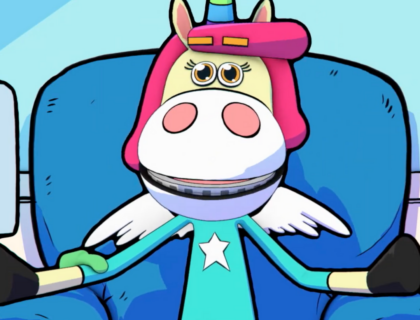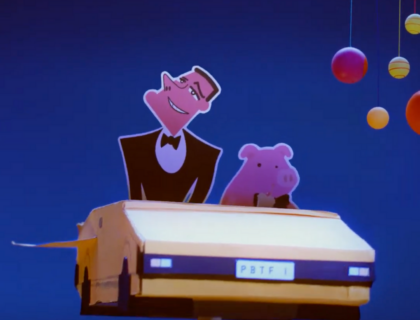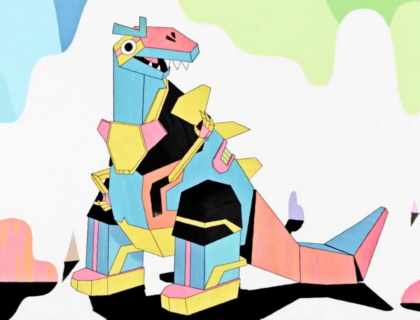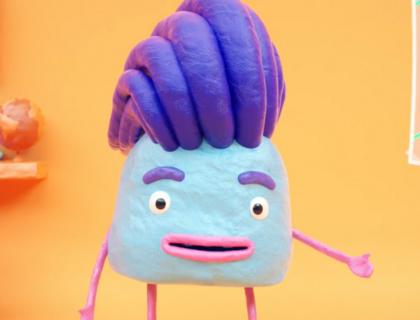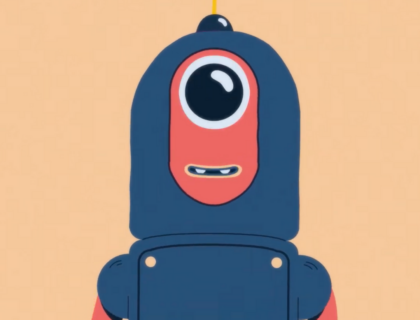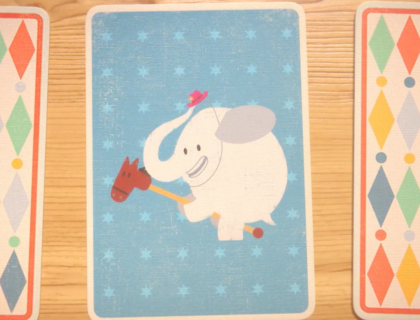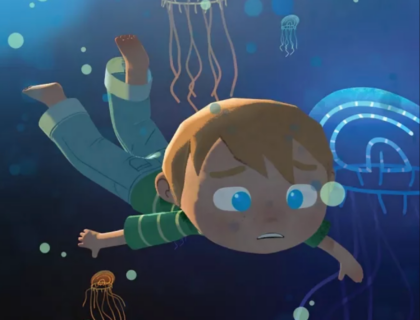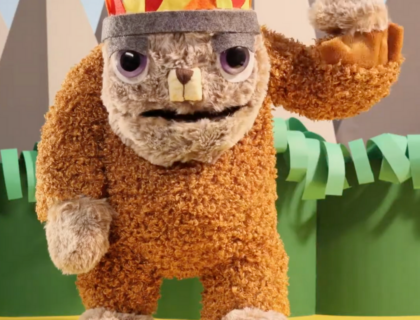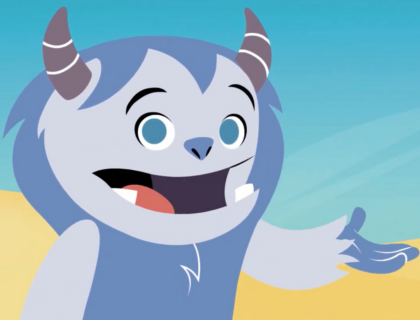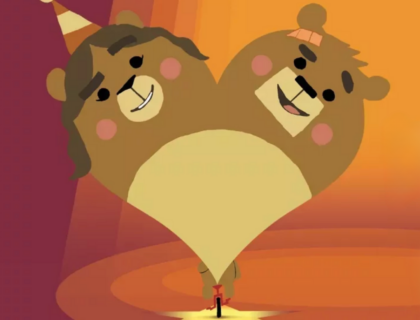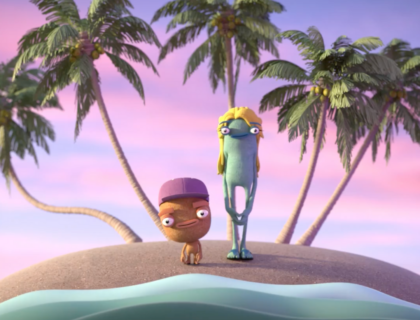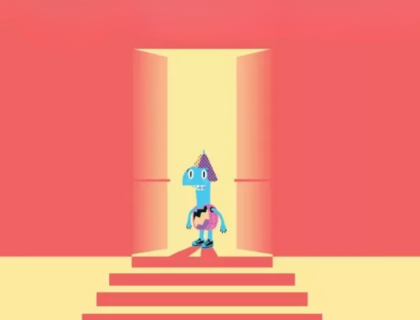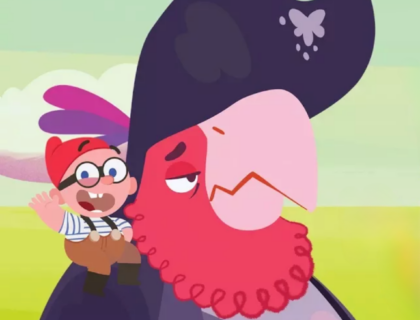
What is Cancer?
Imaginary friends Captain Beakbeard and his first mate Quincy know a lot about mutiny. So, when it comes to explaining cancer—a mutiny within the body—these pirates are the perfect pair.
It's normal for parents and caregivers to feel unsure about talking to their child about cancer. Many parents, caregivers, and hospital care teams find that age-appropriate videos like the Pediatric Brain Tumor Foundation’s Imaginary Friend Society can help.
A cancer diagnosis is scary for anyone, but for children it can be even scarier. They’re bombarded with new words and scary situations like radiation, long hospital stays, chemotherapy, and surgery. Starring animated characters inspired by children’s imaginations, the Imaginary Friend Society is a series of short videos that talk about cancer-related topics in a kid-friendly way. Here you’ll find videos to help you talk to your child about their cancer diagnosis, common treatments, side effects, their feelings, and being away from siblings and friends.
Imaginary friends Captain Beakbeard and his first mate Quincy know a lot about mutiny. So, when it comes to explaining cancer—a mutiny within the body—these pirates are the perfect pair.
Meet Merlinda, a highly advanced wizard and imaginary friend who knows a lot about a lot. In this video, she helps explain the difficult feelings that accompany a cancer diagnosis.
Showman extraordinaire and imaginary friend Baxter Bravado introduces the team of superstars who take care of young cancer patients when they’re in the hospital.
Unlike most hermit crabs, Hank carries an apartment building on his back. That makes him the perfect Imaginary Friend to talk to about bringing along everything you need for a long hospital stay.
Alfredopoulomoulos is that imaginary friend who can bring us the courage to face any complicated word. This sculptor–who is also a sculpture–teaches kids what to do when they hear a word they don't understand.
More Information About Talking With Children About Cancer
Roger and Charlie know MRIs inside and out. Here, these imaginary friends explain what to expect from an MRI scan and offer some awesome tips to avoid getting bored in the process.
No one likes shots. But sometimes thinking about them is worse than the actual shot itself. Just take it from an imaginary friend who’s got plenty of advice on the subject.
Finding out you need surgery can be tough. Luckily there’s Ralph, the toughest part-hippo, part-mountain-goat, all-imaginary friend around to help explain it.
Uni the unicorn helps make sense of chemotherapy, explains why it’s “super” important and offers a glimpse into some of the side effects.
Walter and Gus make an unlikely team of imaginary friends. Here, the duo explains radiation, and in doing so, head down a very unusual path.
Mr. Spikes is not your average robot-dinosaur imaginary friend. He has a deep understanding of medical procedures like blood transfusions.
More Information About Childhood Brain Cancer Treatments
Sully is an imaginary friend with a beautiful head of hair. He also knows a thing or two about losing it. In this video, he details an unpleasant side effect of cancer treatment and offers tips on how to make the most of it.
K-1211 might be an imaginary friend, but he’s no stranger to the kind of fatigue that comes from having cancer treatment. Thankfully, he’s got enough energy to talk about being tired.
Elephants never forget - except for Owen, whose pals Dob, Abby and Nimbus help him remember things like his trusty horse Steed. These imaginary friends team up to share tips for children experiencing memory loss after being treated for cancer.
When a young boy finds himself venturing into uncharted waters with a difficult diagnosis, an imaginary friend named Mr. Tibbs helps him confront his feelings of sadness.
An odd couple if ever there was one, best (imaginary) friends Brawley and Frond chat with us about anger and about how everyone needs to blow their top now and then.
Being alone in the hospital can make you feel out of place. Like a yeti in the middle of the desert. So who better to talk to us about it than Yuri the yeti, an imaginary friend in the middle of the desert.
A cancer diagnosis is hard on everyone. In this video, imaginary circus-bear siblings Sir Wibling and Robearta explain what it can be like from different sibling perspectives.
Bonzo and Lula are the best of pals. When they're not together, they really miss each other. In this video, they share what they've learned to help children with cancer stay connected with their friends when they're in the hospital or not in school.
One of the most challenging parts of cancer treatment can be returning to school. That’s where Shelly comes in: an imaginary friend who shows what the first day back might be like.
